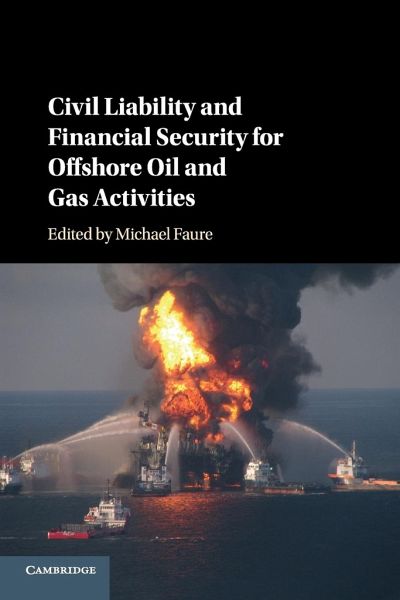
Civil Liability and Financial Security for Offshore Oil and Gas Activities
Versandkostenfrei!
Versandfertig in 1-2 Wochen
52,99 €
inkl. MwSt.

PAYBACK Punkte
26 °P sammeln!
This book analyses how damage resulting from offshore-related incidents is compensated in European waters, whilst providing models to improve such compensation.




